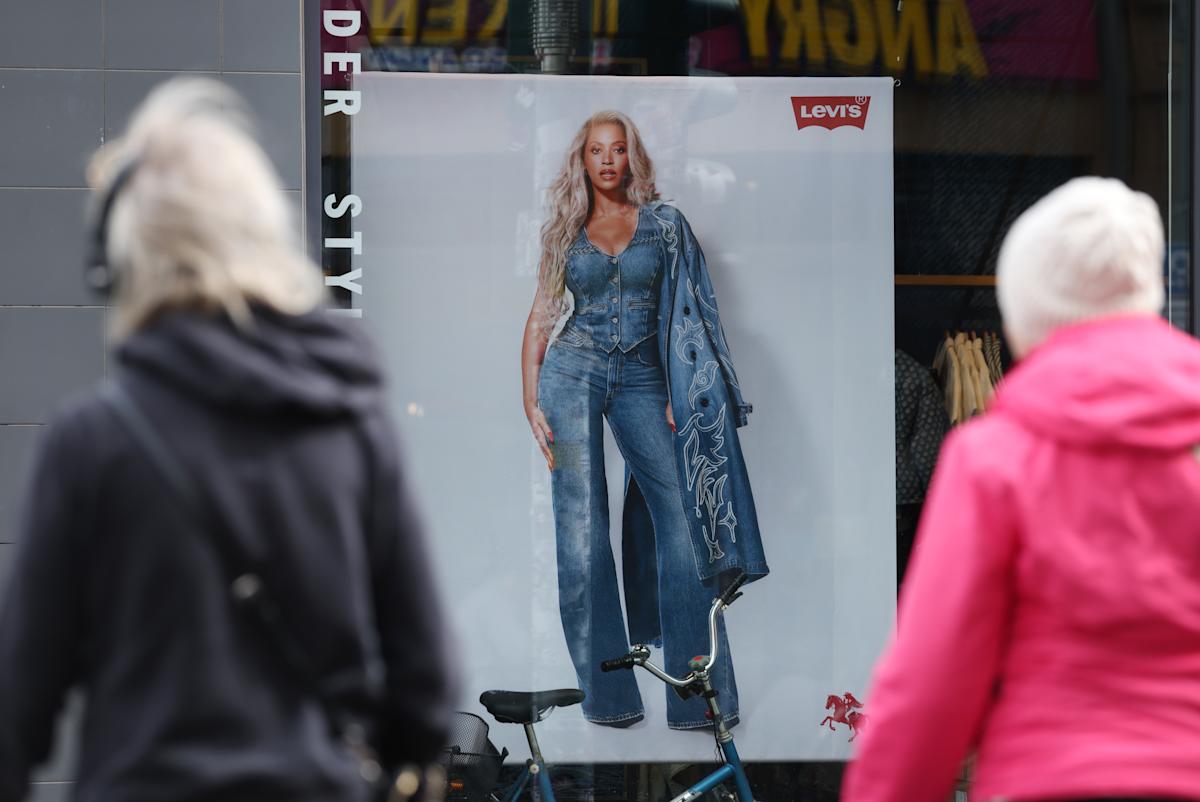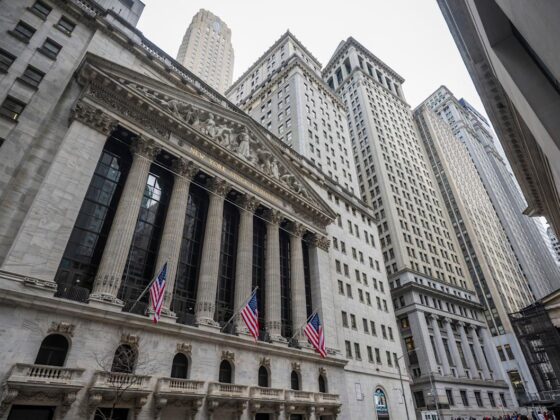Tariffs are set to be the focus for investors in the next week, with US president Donald Trump's deadline for the resumption of sweeping duties coming up on 9 July, but there are also a number of major companies due to report.
Shell (SHEL.L) will kick off the week's company reporting, with the oil major due to update on second quarter performance on Monday.
Investors will be looking at TSMC's (2330.TW, TSM) latest monthly sales figures, given the company is the world's largest contract chipmaker, helping to give a sense of demand in the sector.
In the world of retail, investors will be keeping an eye on results from Levi Strauss (LEVI) to see how the jeans brand is navigating tariff uncertainty.
Back in the UK, Vistry (VTY.L) will be in the spotlight, with investors hoping the housebuilder's troubles are behind it after issuing three profit warnings towards the end of last year.
Given Jet2 (JET2.L) has already provided some guidance on performance for the year in a trading update, the focus will be on the travel company's outlook for the year ahead.
Here's more on what to look out for:
The share prices of FTSE 100-listed (^FTSE) companies Shell (SHEL.L) and BP (BP.L) have fluctuated in the past month thanks to big swings in oil prices, as conflict between Iran and Israel sparked concerns about disruption to supply through the Strait of Hormuz.
While a ceasefire between the two countries appears to be holding, traders continue to watch developments around the issue of Iran's nuclear programme, in terms of how this impacts tensions in the Middle East.
However, oil prices have steadied in the wake of the truce, with investors now focused on an expected decision to increase supply when major producers meet this weekend. The Organisation of the Petroleum Exporting Countries and its allies, known as OPEC+, are widely expected to agree on a production increase of 411,000 barrels per day.
Prior to the June spike in oil prices, fears that tariff-fuelled economic downturn could dampen demand for fuel weighed on the commodity. This has contributed to longer-term concerns about slowing demand putting pressure on companies' refining margins, which reflect the profits made from processing oil.
Read more: Global economy to slow amid ‘most severe trade war since 1930s', says Fitch
In the first quarter, Shell (SHEL.L) posted a global indicative refining margin of $6.20 a barrel, which was up from $5.50 in the fourth quarter, but down from $12 for the same quarter last year.













